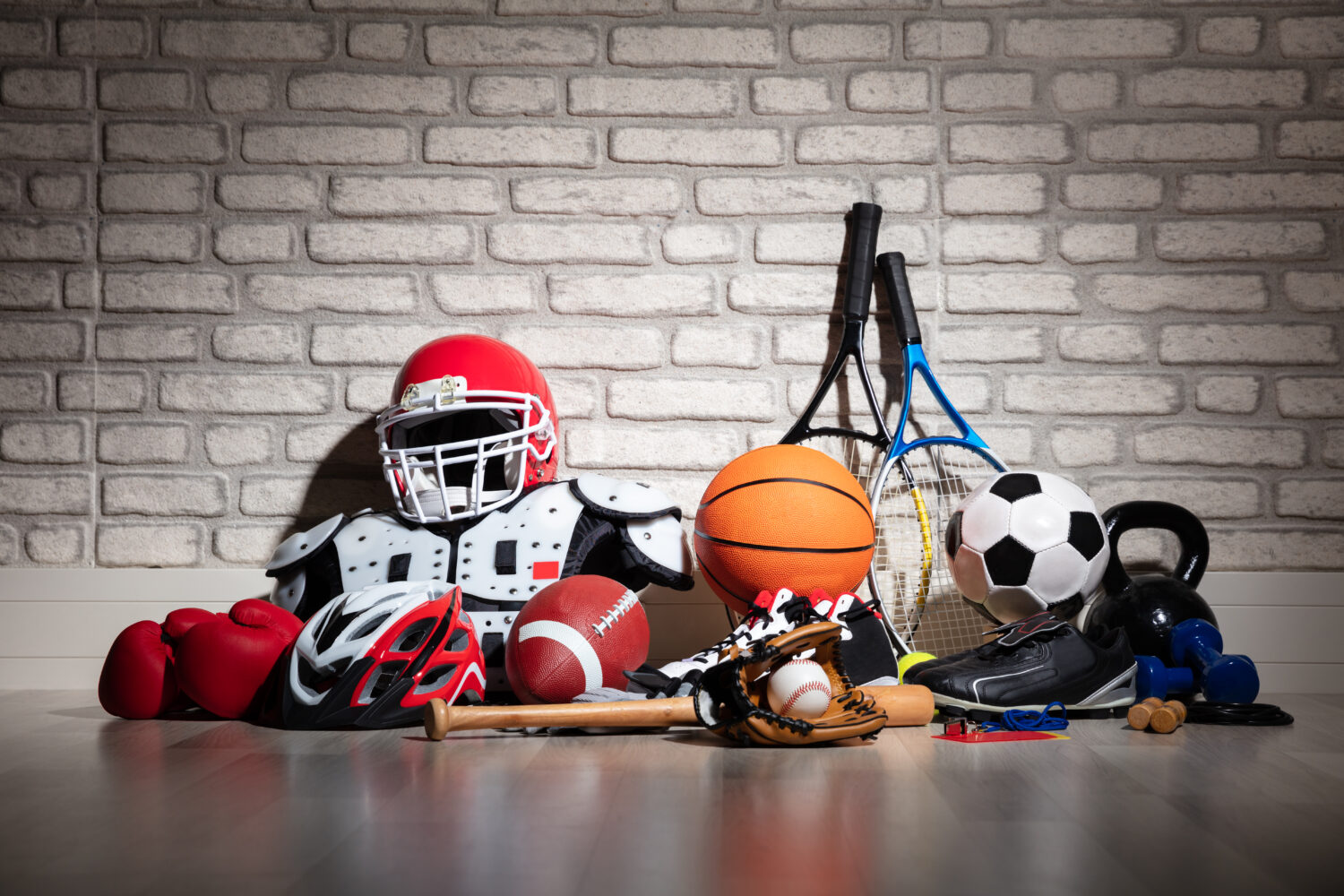Statement of Inquiry
We improve ourselves by choosing to change.
Key Concepts
Change
Assessment Criteria
A, C
ATLs
- Identify strengths and weaknesses of personal learning strategies (self-assessment)
- Make inferences and draw conclusions
Links to Prior Learning
Pupils recall and apply fundamental movement skills (FMS) from primary school.
Statement of Inquiry
Having a plan produces better performances
Key Concepts
Relationships
Assessment Criteria
C, D
ATLs
- Combine knowledge, understanding and skills to create products or solutions
- Practise observing carefully in order to recognize problems
Links to Prior Learning
Pupils build on the personal relationships they built last module with their peers as knowledge and discussions are had for best courses of action going into competitive environments. Pupils are expected to recall and comment on the impact of tactics and/ or strategies in their chosen activity and then plan for success as an individual and/or team.
Statement of Inquiry
We develop by taking risks
Key Concepts
Development
Assessment Criteria
B, C
ATLs
- Create plans to prepare for summative assessments (examinations and performances)
- Use appropriate strategies for organising complex information
Links to Prior Learning
Explicit discussions about risk taking in strategies and tactics module last term.
Progressional thinking through inquiry questioning:
When did you have to balance risk as an individual to play strategies and tactics?
When did your risk taking last module have an effect on others around you (team)?
Was this positive or negative?
Statement of Inquiry
Problems need to be solved within certain amounts of time
Key Concepts
Relationships
Assessment Criteria
C, D
ATLs
- Apply skills and knowledge in unfamiliar situations
- Take responsibility for one’s own actions
Links to Prior Learning
Moving on from the balancing risk module, pupil will incorporate ATLs from the previous term to support them in a module with new content. This module has 1-week period where classes will focus on FIRST AID. There will be an explicit link to the global context of TIME for pupils learning basic CPR, the faster you react and engage in first aid the more a person you save, the concept of time surrounding the referral process (e.g. calling for 999).
Statement of Inquiry
Human capability can be developed by refining movement.
Key Concepts
Development
Assessment Criteria
A, C
ATLs
- Mindfulness awareness – Practice focus and concentration
- Make unexpected or unusual connections between objects and/or ideas
Links to Prior Learning
Continuing the work completed in module one for personal development, pupils revisit the long term PHE goals they set themselves in module one. They can reflect on where they have made desired progress or not and link previous learning to this new learning, surrounding gross and fine motor skills.
Statement of Inquiry
Decision-making of officials can have a positive and negative effect
Key Concepts
Communication
Assessment Criteria
C & D – Google Form – reflection on use of technology
ATLs
- Interpret and use effectively modes of non-verbal communication
- Perseverance – Demonstrate persistence and perseverance
Links to Prior Learning
Pupils should apply competent levels of FMS to new sport/ activity and focus heavily on how the sport/ activity is organised/ officiated.
Applying taught skills from MYP 1, Modules 3 & 4.



